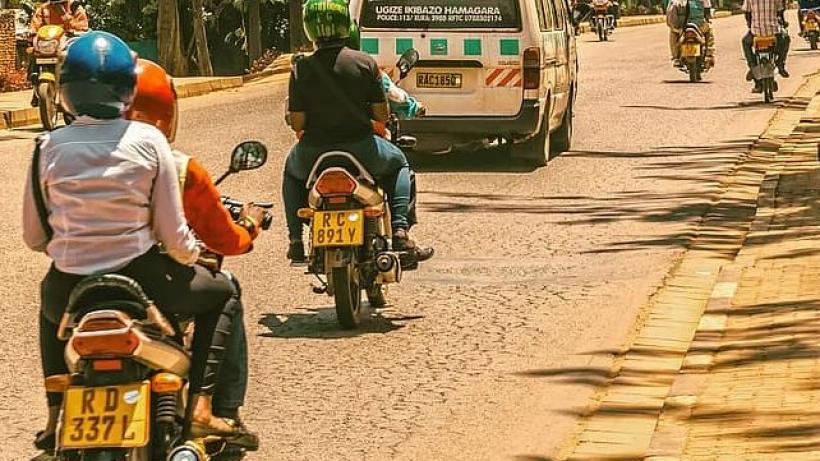
The impact of scaling up electric motorbikes in Rwanda
-
Sudmant-et-al-2020-policy-brief_v2.pdf
PDF document • 355.63 KB
- Approximately one in five trips in Kigali are taken by petrol-fuelled motorcycle taxis, contributing to poor air quality, high demand for imported fuel, and rising Green House Gas emissions that contribute to climate change.
- This brief analyses the potential impact of scaling up the use of electric motorbikes to 100% (as a proportion of all motorbike taxis) in Kigali by 2025.
- The authors find that it would prevent an annual 70 kilotonnes of carbon dioxide emissions, and through improved air quality, produce annual health benefits equivalent to 1350 Disability-Adjusted Life Years (DALYs) per year.
- Economically, the transition would result in an annual reduction of approximately 23 billion Rwandan Francs (RWF) in fuel imports, an energy cost that would be replaced by an additional 14 billion RWF spent annually by e-motos on electricity, a net saving of 9 billion RWF per year on energy. Lost fuel tax revenues would be an estimated 6 billion annually.
- Reduced costs to e-moto companies would be substantial, but it is impossible to know in what proportion this benefit would accrue to motorbike drivers in the form of higher wages, motorbike companies in the form of higher profits, or to consumers in the form of lower prices.




